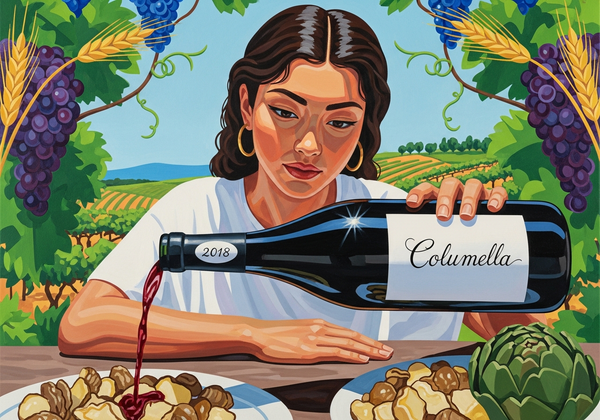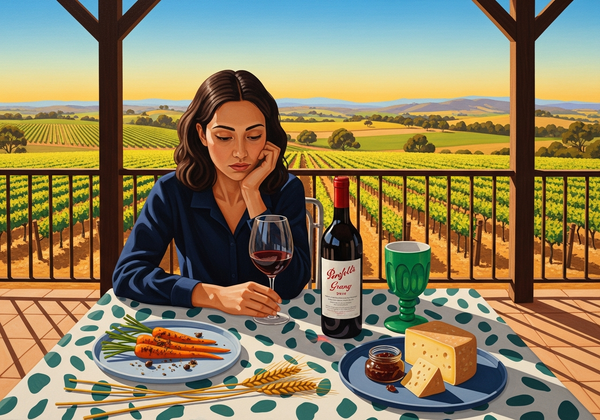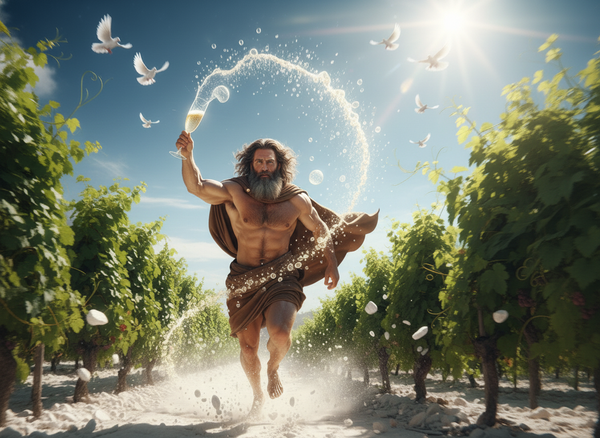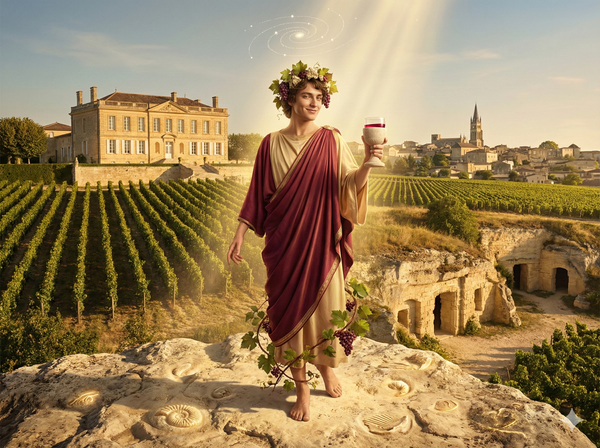“Mayacamas: The Mountain That Made Napa Immortal” From Judgment of Paris glory to near ruin and rebirth, Mayacamas is the story of a Napa legend carved into volcanic stone
Discover the full history of Mayacamas Vineyards, Napa’s mountain legend. From its 1889 origins to Judgment of Paris glory, decline, and modern rebirth, Mayacamas has defined integrity, endurance, and cult status in California wine.
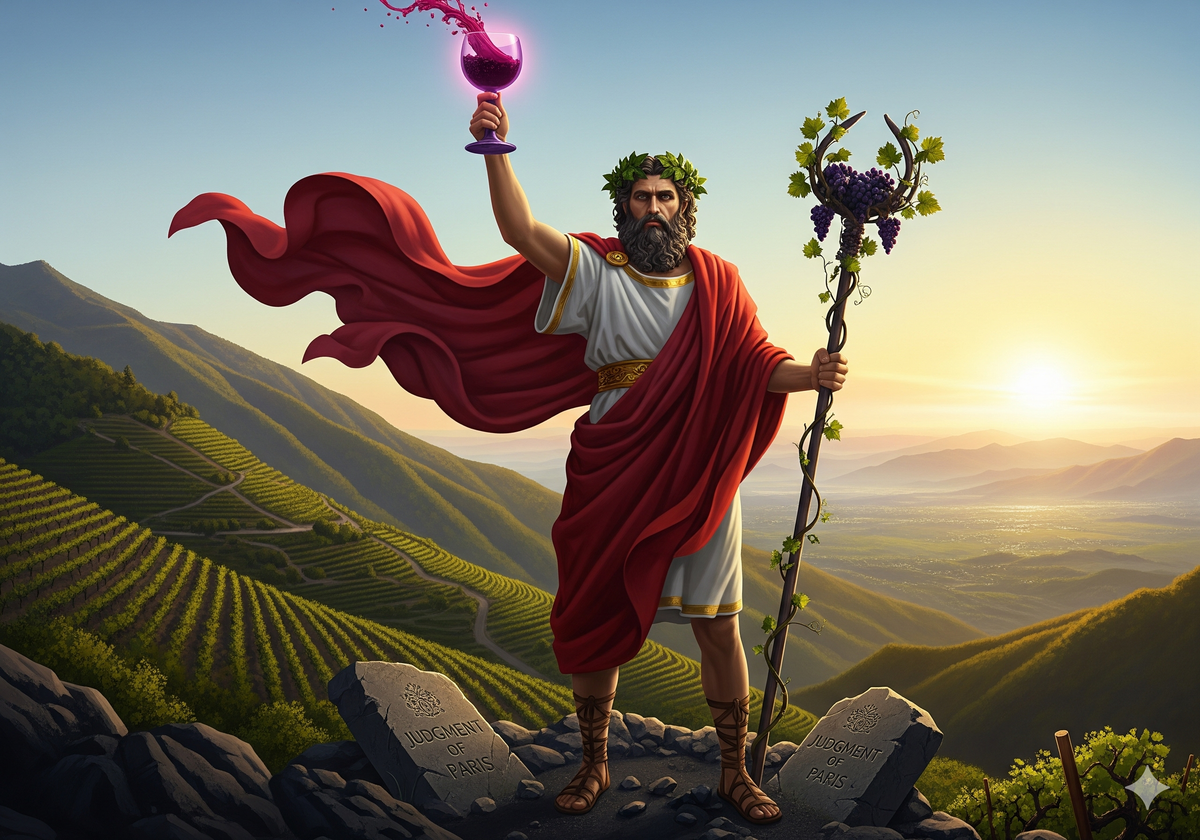
The Origins: A Mountain, a Vision, and a Dare
If Napa Valley is a stage, then the Mayacamas Mountains are its cathedral walls — volcanic ridges that divide Napa from Sonoma, their peaks whispering of wildness and endurance.
The vineyard story begins in 1889, when a German immigrant named John Henry Fisher planted vines and built a stone winery high above the valley floor. Unlike the plush estates of Oakville or Rutherford, this was a place of extremes — thin soils, rugged slopes, fierce sunlight by day and mountain chill by night.
The result? Wines that were never about sweetness or softness. From the start, Mayacamas was about structure, restraint, and longevity — wines that sneered at trends and demanded patience.
The Wagner Era and Judgment of Paris
After Prohibition nearly destroyed the estate, Mayacamas rose again in the 1940s and 1950s under new owners. But it was in the 1960s and ’70s that the estate’s destiny crystallized.
Under Robert Travers, who purchased Mayacamas in 1968, the winery doubled down on a philosophy that defied Napa’s growing reputation for ripe, plush wines. Travers’ Cabernet Sauvignons were firm, austere, age-worthy — more Bordeaux in philosophy than California sunshine.
This gamble paid off in 1976, at the now-mythic Judgment of Paris. Mayacamas’ 1971 Cabernet finished impressively against Bordeaux First Growths in a blind tasting that stunned the world. Napa had arrived, and Mayacamas was part of the prophecy.
The Wine: The Mountain’s Voice
So what is Mayacamas in the glass? Not easy, not soft, not crowd-pleasing. These are wines that make you wait.
- Cabernet Sauvignon: The flagship — leaner than valley-floor peers, with mountain tannins, mineral cut, and a life measured in decades.
- Chardonnay: Not the butter-bomb that defined California in the 1980s, but taut, stony, and Burgundian in discipline.
- Merlot: Yes, Merlot — but here, it carries backbone and earthiness that laughs at Sideways-era dismissal.
Mayacamas never bent to fashion. In an era of Parker-influenced ripeness, they stayed disciplined. The result: a reputation not just for quality, but for integrity.
Decline and Resurrection: The Schottenstein Era
By the early 2000s, however, Mayacamas had become a shadow of itself. Underinvestment and dated infrastructure dulled its edge. Some whispered that the mountain had fallen silent.
Enter Charles and Ali Schottenstein, Columbus-based investors with vision, who purchased Mayacamas in 2013. Their move was bold: they hired Andy Erickson (famed for Screaming Eagle, Favia, Ovid) as winemaker, and Annie Favia to lead viticulture. Their mission: to modernize without sacrificing identity.
The cellar was restored, the vineyards renewed, but the philosophy remained: mountain power, age-worthiness, honesty. Erickson’s touch refined tannins and added polish without erasing the soul.
Why Mayacamas Matters: A Wall Against Time
In a valley often accused of chasing trends and critic scores, Mayacamas is defiance carved into volcanic rock. Its wines do not flatter you; they confront you. They say: Wait. Respect. Endure.
- At the Judgment of Paris, Mayacamas proved Napa could stand with Bordeaux.
- In the Parker era, it refused to chase overripe scores.
- In the modern age of luxury Napa, it balances restoration with restraint.
This is not just a winery. It is a philosophy of time.
Liber’s Take: A Cult Without Compromise
What I love about Mayacamas is that it refuses to pander. Like me, it has always been uncompromising — loved by those who “get it,” dismissed by those who don’t.
It is not Screaming Eagle’s flash, nor Harlan’s opulence. It is something rarer: a cult of integrity. Mayacamas is for those who want their wine to challenge them, to grow with them, to prove that Napa is not just about instant pleasure but about endurance.
To drink Mayacamas is to taste stone, struggle, and salvation.
Conclusion: The Mountain’s Immortality
Mayacamas is not just part of Napa’s history. It is Napa’s history — a winery that helped define the valley’s global reputation, fell into near-obscurity, and was reborn without losing its soul.
In an age of instant gratification, Mayacamas stands as a wall against time, reminding us that true greatness is not about what pleases today, but about what endures tomorrow.
Mayacamas: the mountain that made Napa immortal.


